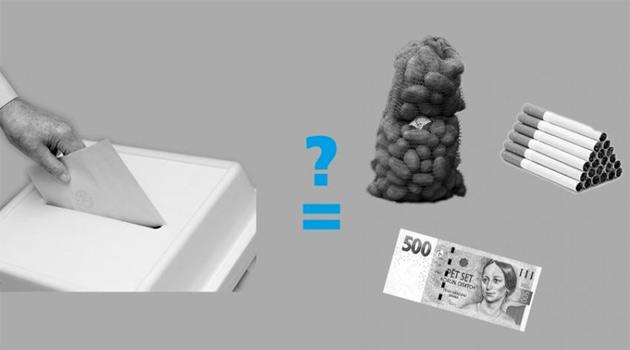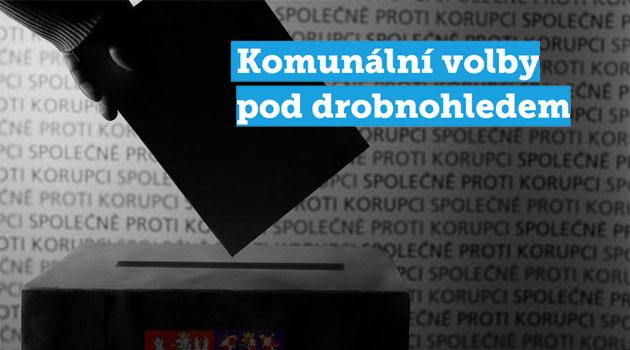Purely by accident, I ran into two homeless people sitting on a bench who were very grateful for the twenty crowns I gave them. After conversing for some time, they admitted that they are usually exploited during elections here, as it is impossible for them to refuse an offer of CZK 500 for their vote.
Sometimes they didn’t even know who they were voting for. They are aware that they are on the wrong side, not the right one, when they do this, but at the same time they explained that they were succumbing to the pressure of a much greater force in doing so.
These homeless people discussed the issue with me with surprising humility and sincerity. They insist that they don’t have the courage or the strength to stand up to the local thieves involved.
Various systems of vote-buying differ, but they have one basic thing in common – they are an aggressive attack on one of the most fundamental rights of every citizen, the freedom to vote in elections. On 18 January 2011, the Czech Constitutional Court announced a finding in which it stated that it is completely unacceptable for elections to be conceived of as a "market and trade system" and further noted that such a concept of elections is "an extreme and gross violation of the principles of the rule of law in a democracy."
Sometimes the political party concerned does practically no campaigning whatsoever, is completely discredited, and its results are almost exclusively dependent on vote-buying. At other times this is an auxiliary activity, in practically every election, during which an already-established vote-buying system is taken advantage of.
Organized crime groups ensure thousands or even tens of thousands of votes for those interested (the local thieves). Those votes will be cast for the party that offers the most money for them.
The principle is simple. Of course, creating such a system in the first place is not easy – and as a result, it is key for vote-buyers to develop lists of voters who are willing to sell their votes and will be completely loyal to them.
The example of the two homeless people above is, understandably, a certain extreme case that most vote-buyers don’t favor. The classic model of vote-buying is introduced into excluded localities or housing estates where whole families sell their votes en masse.
If a political party, during its campaign, offers prospective voters some free goulash, raffle tickets, vouchers or any other gifts, that is not considered "electoral corruption", even though such activities can sometimes seem extremely unethical. During illegal vote-buying, the payments are made not only directly in money, but votes can also be exchanged for packs of cigarettes or a sack of potatoes; the basic difference between vote-buying and "gifts" is that a vote that is bought must be cast for a specific candidate or party in order to receive payment.
The Foundation against Corruption is collaborating with the Naši politiky (Our Politicians), Oživení (Renewal) and Transparency International civic associations in monitoring this year’s elections. Should you observe anything suspicious indicating that the elections are being manipulated, don’t hesitate to contact us.

